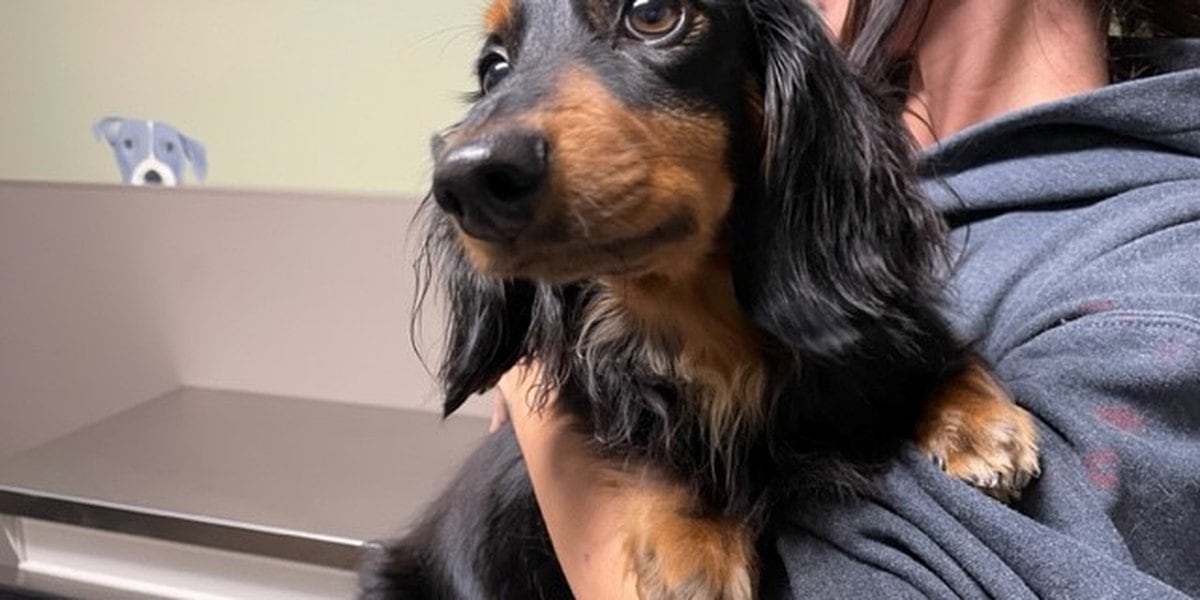Infection
Local vet talks about mystery illness affecting dogs around the country
TOLEDO, Ohio (WTVG) – There’s a mystery illness affecting dogs around the country. It’s an upper respiratory infection. And as some of people plan to travel for the holidays with their dogs, there are some concerns that illness will spread further.
The infection is highly contagious and dogs get sick quickly. But the vet we spoke with says don’t panic, just be aware.
Dr. Brooke West has been a vet for 17 years. She owns Perrysburg Animal Hospital and West Toledo Animal Hospital. She said the mystery illness is a new upper respiratory pathogen.
“A lot of dogs start with a mild cough and lethargy. They don’t want to eat or drink or play like usual. They may be wheezing and sneezing. Just like the first signs they are coming down with any upper respiratory illness,” Dr. West said.
Cases have been popping up around the country. So what about Dr. West’s clinics?
“We’ve had a couple of upper respiratory infection cases lately. We do not know at this point whether they are related to the new illness, It is hard to tell until you get to end stages which can be more deadly,” Dr. West said.
Dr. West says most dogs will clear the virus, but it can move into pneumonia, especially in certain dogs.
“Typically, the very young or older dogs or dogs that are immunocompromised. They get hit harder and have a harder time recovering,” Dr. West said.
She says it’s important for dog owners to be proactive, not reactive.
“Any new upper respiratory pathogen is always a concern because they are so contagious. It spreads in neighborhoods and places where dogs congregate. so there is always that risk and concern,” Dr. West said.
And just like children, keep your dogs home from places like dog parks, daycares, kennels and groomers if they’re sick.
“Keep them vaccinated for every upper respiratory infection you can. Monitor for signs and symptoms and if you have concerns, give your vet a call,” Dr. West said.
Dr. West says studies are underway to unlock answers about the new illness.
“Research is being done. They are doing cultures to diagnose the exact strain so we can better attack it,” Dr. West said.
Like other upper respiratory infections, treatments can include antibiotics, cough medicine and steroids. In extreme cases, dogs are hospitalized and given IV fluids and inhalers.
Once again, don’t panic and if you have questions call your vet.
See a spelling or grammar error in our story? Please include the title when you click here to report it.
Copyright 2023 WTVG. All rights reserved.

